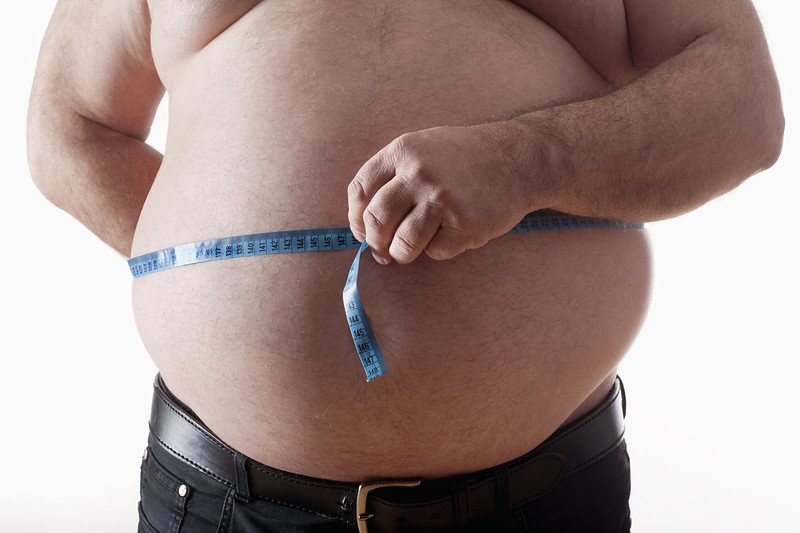SHARES

“We have diabetes running in our family. I remember whenever my dad’s blood glucose went out of control, our family doctor would ask if he had “poor sleep last night”. The answer is yes, almost all the time. Now, I am worried about myself because I stay up late very very often.” said John 32, who is afraid of a higher diabetes risk due to his lack of sleep.
In fact, scientists observed that men who are having poor sleep quality – be it too little sleep or too much, are at higher diabetes risk. The adverse effect adds up over time and reduces our body sensitivity towards insulin. However, such a link is not seen in women. Why is this risk affecting men mostly and the exact mechanism surrounding it, is still not entirely clear.
Sleep and Diabetes Risk
1. Rise in Stress Hormone Counteracts Insulin Action
Disturbance in sleep pattern can make our hormonal system go haywire. For instance, lack of sleep put our body in stress. In return, our body releases lots of anti-stress hormones, called cortisol. In effect, these anti-stress hormones are meant to raise our blood sugar level to help us accommodate better to stressful situations. It also counteracts the action of insulin, making our body resistant to it. As a result, our body fails to bring down the blood sugar level despite release of the insulin hormone.
2. Poor Sleep Quality Leads to Overeating
As described above, sleep disturbances can put our body in stress. Accordingly, our body also produces more hormones that stimulate our appetite (ghrelin) and decrease our satiety (leptin). This idea is to help us take in more calories and store more energy to fight against stressful environment. Yet, too much of it can cause excessive weight gain, and eventually diabetes.
3. Obstructive Sleep Apnea More Common and More Severe in Men
Obstructive sleep apnea (OSA) is a condition where our breathing repeatedly stops or gets obstructed during sleep. Therefore, we wake up frequently to catch our breaths. This cuts into our sleep and stresses our body. Hence, the tendency for high blood pressure, heart disease, stroke, and diabetes risk increases.
Also, OSA affects men more often and more severely than women for the following reasons:
i) In men, body fat builds up more in upper body whereas in women, fat distributes itself in the lower body. Thus, more fat distribution around the neck can obstruct our airway during sleep. This fat distribution pattern is due to a female hormone (oestrogen). Hence women rarely get OSA before menopause.
ii) Men have larger tongue that blocks the airway more readily when lying flat. On top of that, with bigger voice box and more descended airway, men have a more collapsible airway too.
iii) Men usually have OSA during deep sleep whereas in women, their light sleep is affected. Waking up from deep sleep eventually throw us into a period of shallow breathing which deprives our body even more from oxygen. This is the reason why men generally have more severe OSA than women.
4. Frequent Urination At Night
Diabetes can cause frequently urination, even at night. This can be an early symptom that you have diabetes. Also, in people with existing diabetes, frequent urination at night means your blood sugar is out of control. This can throw you down a vicious cycle of poor sleep quality and poorly controlled blood sugar level. Make sure to talk to your doctor about your sleep quality and get help to correct your blood sugar level.
Conclusion
Men with poor sleep quality and disturbed sleeping pattern have higher risk for diabetes than women. The exact mechanism is still unclear. This may be due to a multitude of health and lifestyle factors such as obstructive sleep apnea, stress, obesity, etc. Also, keep in mind that diabetes and sleep go hand in hand. This can be a sign that your diabetes is getting out of control.
Find a GP/Family Doctor and Dietician in Malaysia, on GetDoc
Find a GP/Family Doctor and Dietician in Singapore, on GetDoc
References:
1. Kristen L, Eve VC. Associations between sleep loss and increased risk of obesity and diabetes. Ann N Y Acad Sci. 2008;1129:287-304. doi: 10.1196/annals.1417.033
2. Michael WS. The sleep-diabetes connection [Medscape]. WebMD LLC. 2020. (Available from: https://www.webmd.com/diabetes/features/diabetes-lack-of-sleep#1; last updated on 2010 Jan 19, last accessed on 2020 May 17)
3. Yaggi HK, Araujo AB, McKinlay JB. Sleep duration as a risk factor for the development of type 2 diabetes. Diabetes Care. 2006 Mar;29(3):657-661. https://doi.org/10.2337/diacare.29.03.06.dc05-0879
by Chang Xian
View all articles by Chang Xian.







